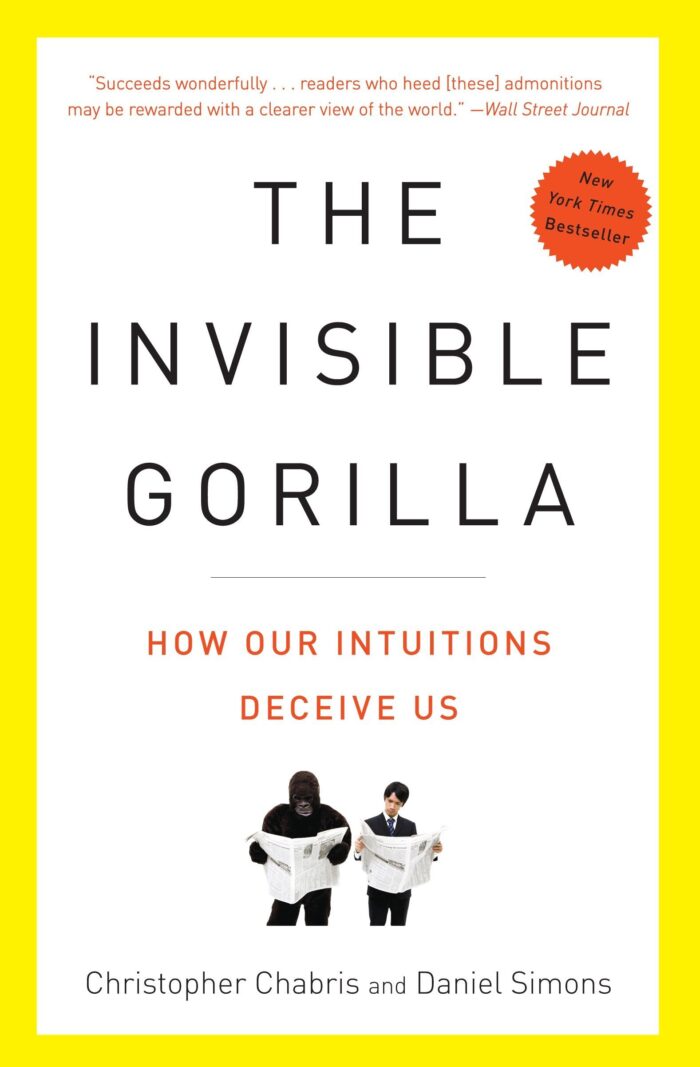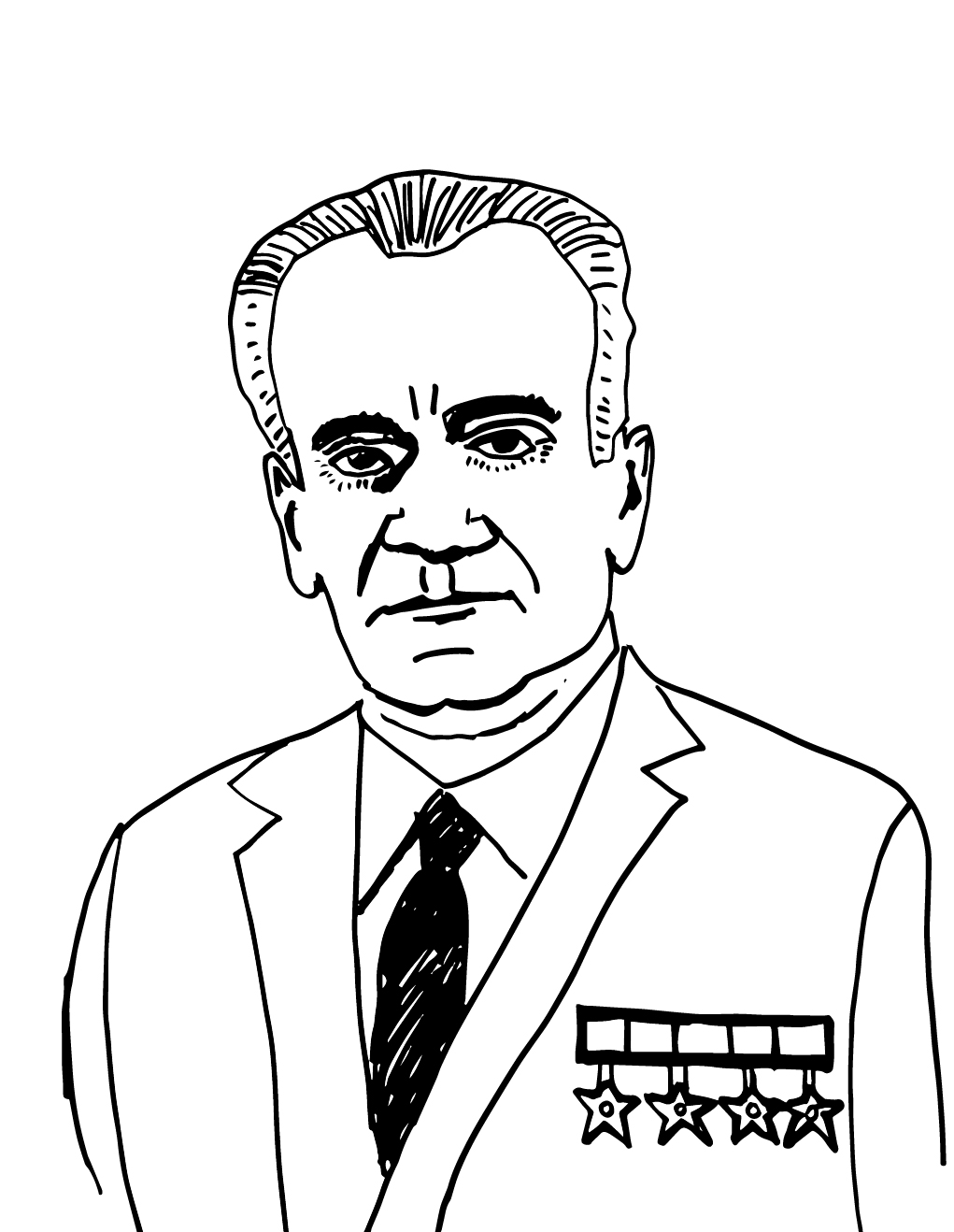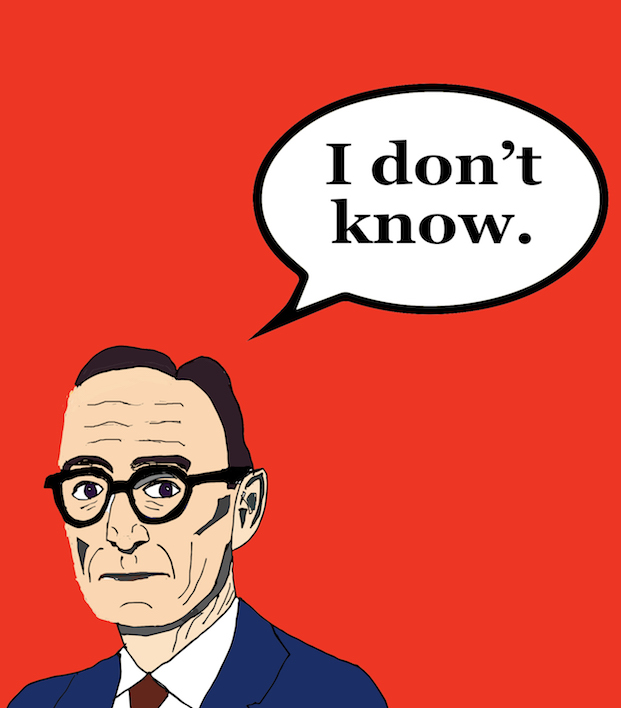What do you mean, you don’t know who Charli D’Amelio is? She’s only the most popular personality on TikTok, with 131 million followers and counting! (The number changes constantly, there’s a live feed of the count here.) So what does Charli do to earn these followers? Dispense sound financial advice? Speak out against racial injustice? No. She dances to pop music, mostly around her parents’ house in Norwalk, Connecticut. And she’s damn good at it too. Why, she’s become so popular that she even has a line of official sportswear, in case you need a new hoodie:
Now it’s easy to look at Charli dancing in her bedroom, decide that it would be great to become a big star by dancing in our bedroom, and make a few 6 second videos in a quick quest for fame and fortune. The reality? Though it sounds like a fairy tale, 17-year-old Charli didn’t just switch on her iPhone camera and become an overnight sensation. She’s been a competitive dancer since she was 3, was raised by a fitness enthusiast mom and a businessman dad who sweated over her career, and spent years working on choreography and routines away from the limelight. She’s also an optimist, gazing out at the world and not being intimidated by other dancers, celebrities, and cat video uploaders all jockeying for our somewhat divided attention.
So how can you follow in Charli’s dance shoes? There’s a common saying in many professions that you should “fake it until you make it.” This applies to jobs from fashion modeling to selling used cars to pursuing social media likes. When you are new in a job you don’t have the confidence and skills, but you can develop some aspects of competence by mimicking those who do.
This notion is popularized in treatises expounding laws-of-attraction thinking, like that of Rhonda Byrne in her book “The Secret” and its subsequent cottage industry of conferences, coffee mugs and a current spin-off movie on Netflix.
As Byrne preached to her acolytes: “How do you get yourself to a point of believing? Start make-believing. Be like a child, and make-believe. Act as if you have it already. As you make-believe, you will begin to believe you have received.” But this is nothing new, as Madame Blavatsky, Norman Vincent Peale and Zig Ziglar attested before her.
Today this idea is the go-to trope of countless parents, personal coaches, and positivity gurus. Unfortunately, “Fake it till you make it” also has a negative side — while the make-believe approach may enable .01% of the people to rise above, it can’t work for everyone. That’s why every handshake artist in a business suit doesn’t become a CEO, why 99.5% of writers never have a bestseller, and why every teenager dancing on TikTok won’t get their own reality tv series.
The essential problem that blocks “success through a positive attitude” is a little thing called reality. Yep, reality is a real cock-blocker of make-believe. It’s amusing that Americans, once among the most practical people in the world, have become “reality deniers.” Whether it’s living our lives through the lens of social media or questioning medical science during a pandemic, we think we are are able to bend reality like magicians or morph into an image of perfection for our “followers.”
As the current Covid count is proving, reality ultimately triumphs over delusion.* The SuperOptimist encourages you to embrace the truth about yourself, both the good points and the not-so-good. If you get comfortable with reality now, it will serve you well in the future. Once you have a firm grasp on the facts (“I’m lousy at math. I’m good at crosswords. I enjoy frozen desserts. I’m a developing a slight paunch due to frozen desserts.”) then you can face the world with the determination to overcome your weaknesses while playing to your strengths.
And if you do want to get famous on social media like Charli, then embrace what it takes to succeed: talent, luck, timing, and consistency. Good luck!
*Only the President of the United States and his apologists are not convinced of this.













Leave a Comment
Want to join the discussion?Feel free to contribute!